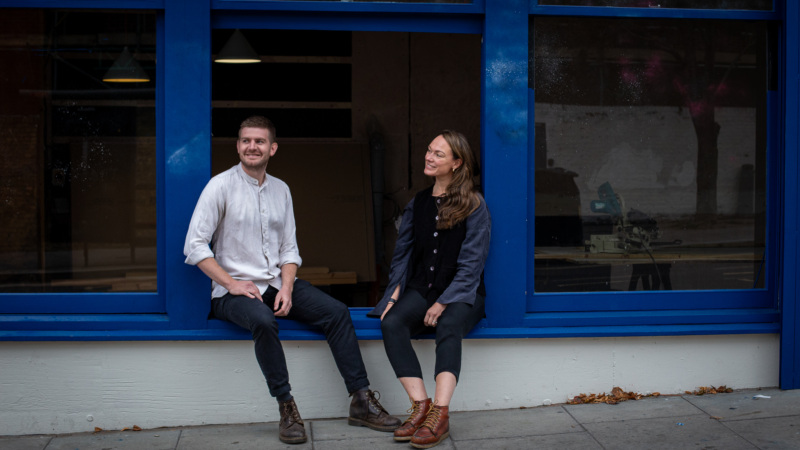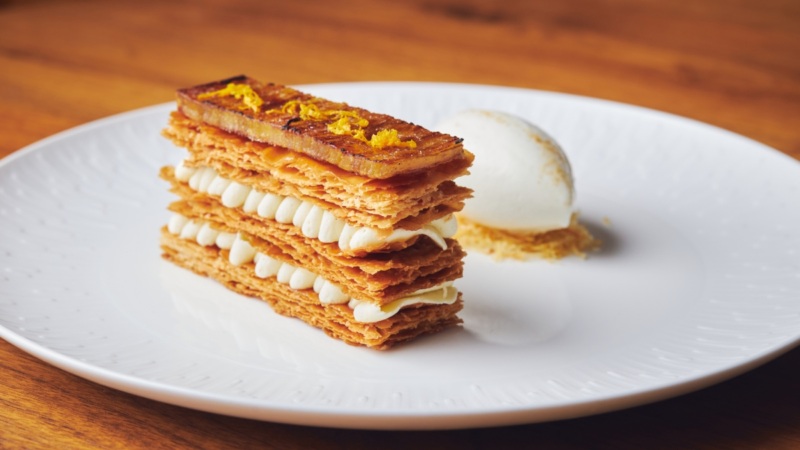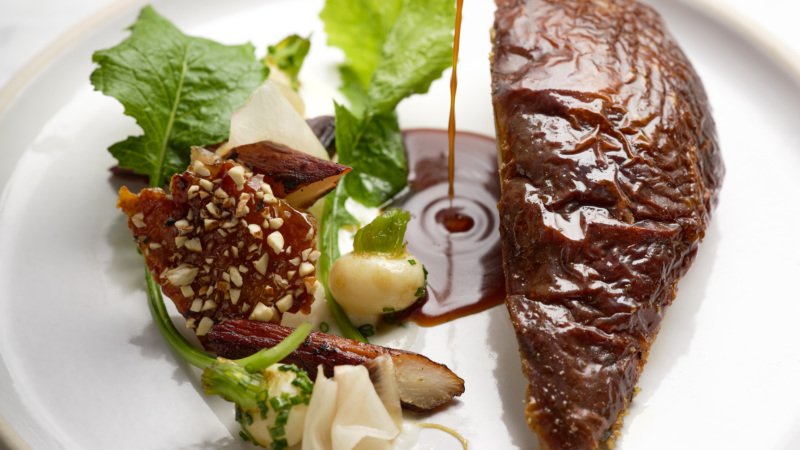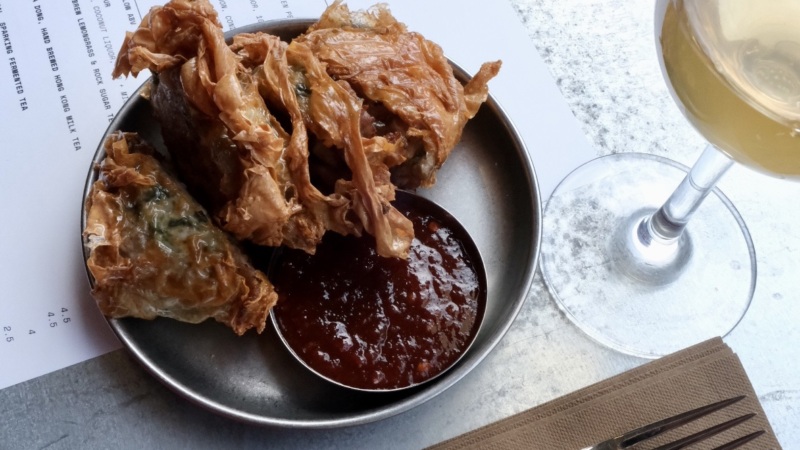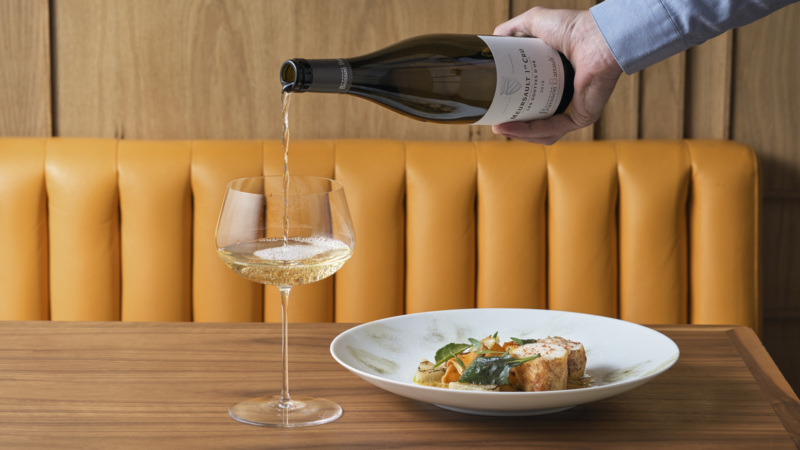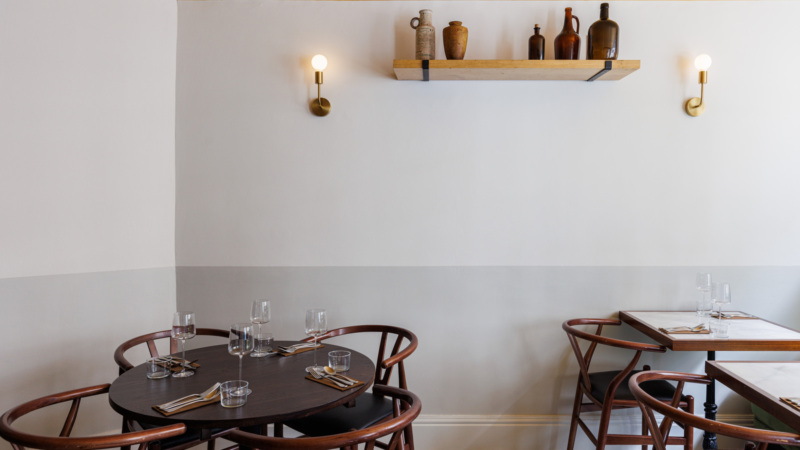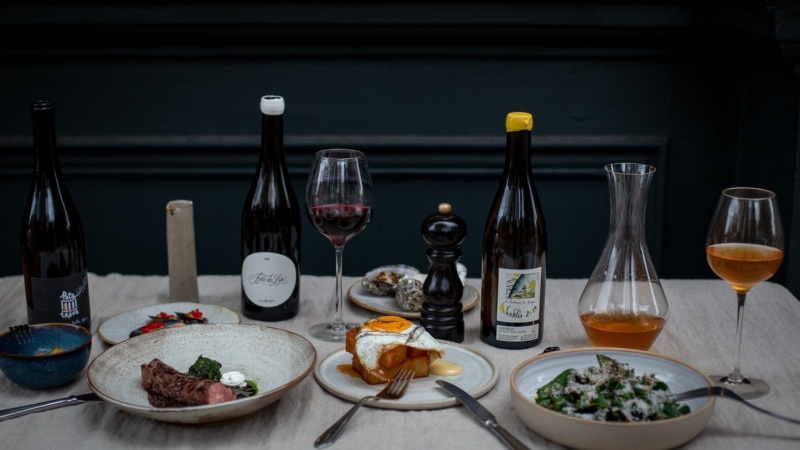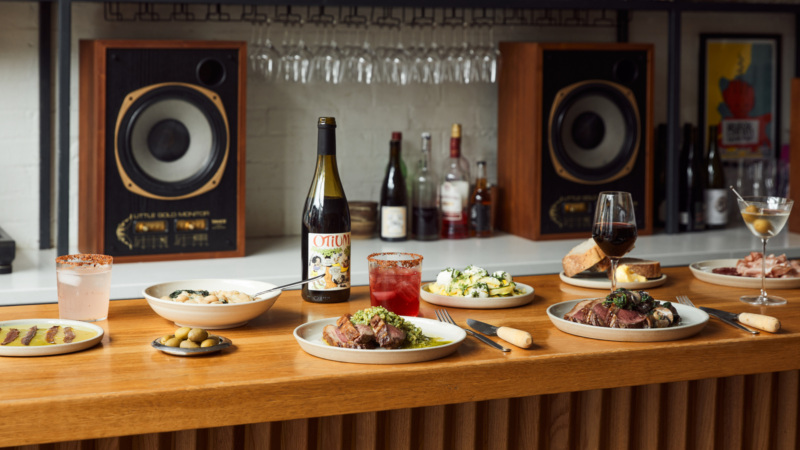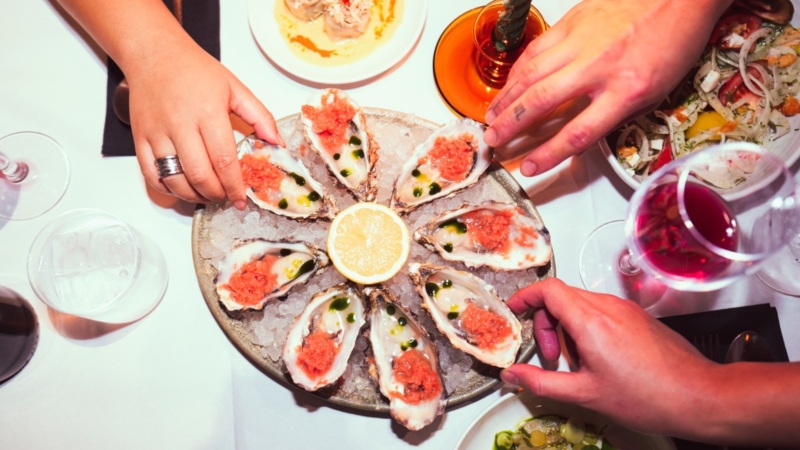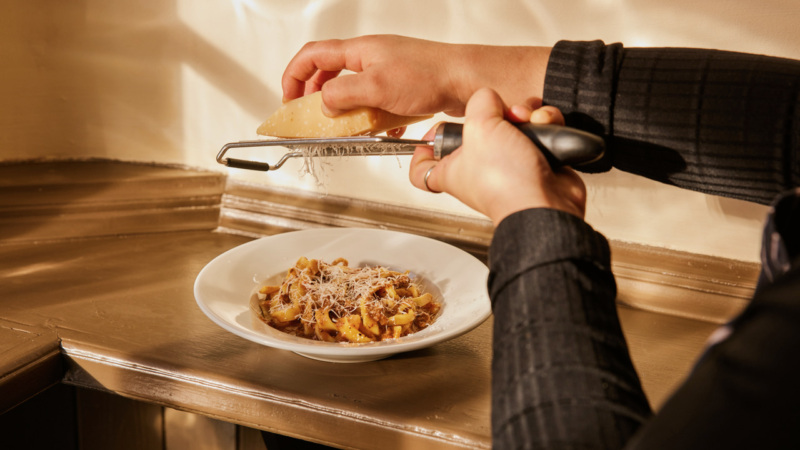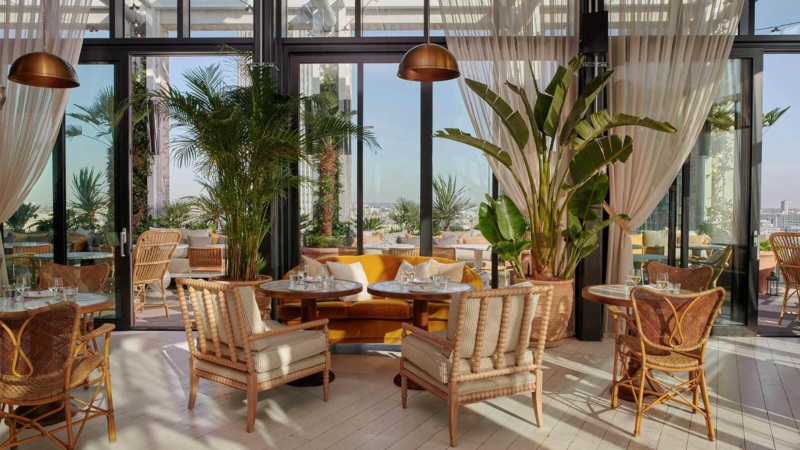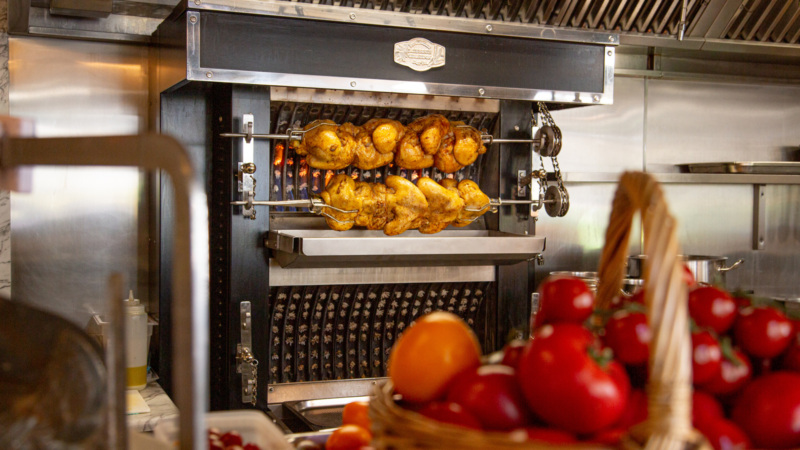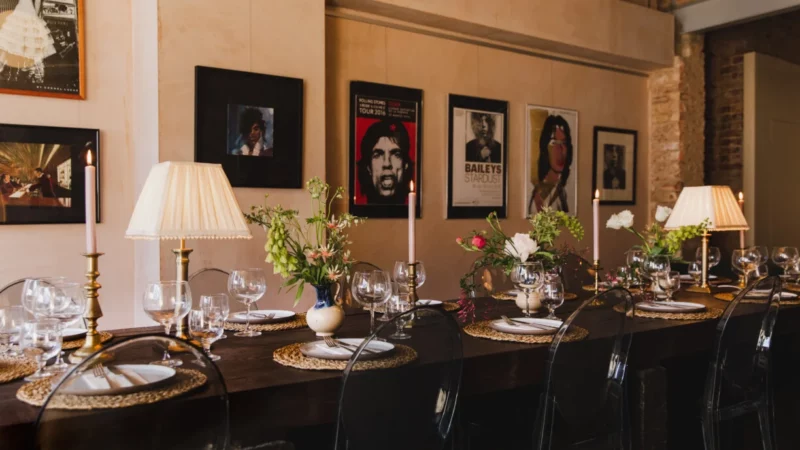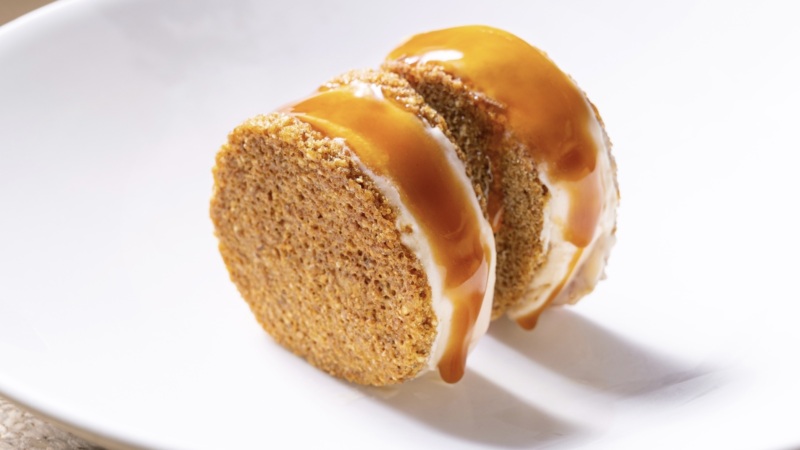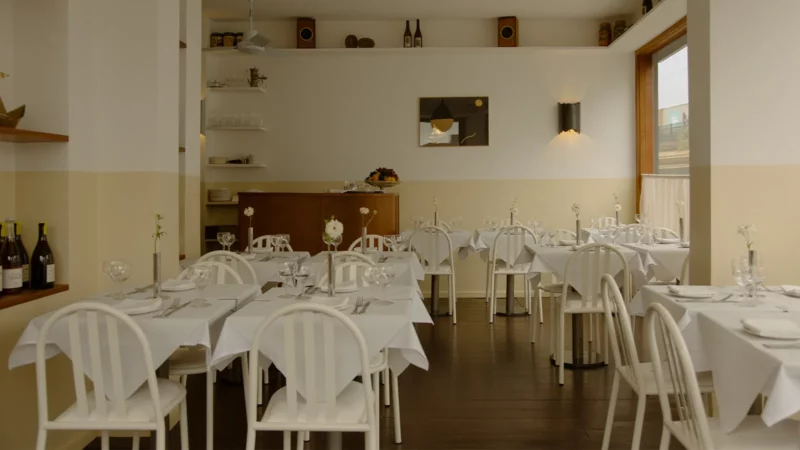

For Chef Jeremy Chan, a Restaurant Like Ikoyi Will Always Defy Categorisation
For Ikoyi co-founders Iré Hassan-Odukale and chef Jeremy Chan, their journey to the present has been far from easy. The pair launched Ikoyi — named for the upscale Lagos suburb — in late 2017, aiming to highlight West African flavours, ingredients, and traditions in an echelon of cuisine long dominated by European and Japanese sensibilities. Reductively labeled a West African restaurant from the get-go despite the layers of nuance in the pair’s ambitions, it’s been a constant battle since then to overturn expectations and defy easy categorisation.
Part of the restaurant’s success lies in Hassan-Odukale’s leadership and Chan’s consistent execution, which earned them a Michelin star in 2018. Last week, it was announced that the restaurant had earned itself the American Express One To Watch award from tastemaker The World’s 50 Best, an accolade many felt the restaurant was destined to receive from the beginning. We caught up with Jeremy Chan a couple of days before the award’s official announcement to discuss: in 2021, how much of an impact can an award have? And what, if any, influence will it have on the restaurant’s direction?

What does winning the ‘One to Watch’ award mean to you and the team at Ikoyi?
It’s very special and meaningful in a way because it’s a global award and I think we’re a global restaurant. The food we’re trying to do connects tries to connect a lot of ideas and inspirations, and we’re a restaurant that’s linking really unique ingredients from other parts of the world and produce from the U.K.
I’m also very grateful that we’ve been recognised, but we haven’t compromised in what we do. We cook our own style of food here and it’s uncompromising in its creativity and has a slightly esoteric identity. So, to be recognised for something that’s so personal and subjective is really surreal.
The team’s really happy and it’s cool to be at that level of restaurant and to be a small team and to be such a young and humble group of chefs; everyone’s really focused, and everything’s just been getting better and better. Within the U.K we’re sort of ‘uncategorised’, but I think of this us as an extremely British restaurant, so we’re sort of representing Britain in a way.
“To be recognised for something that’s so personal and subjective is really surreal.”
Ninety-nine percent of our produce is British. Everything in this industry is about what you call it; as soon as you call it something, you enter into different territories. So, the fact that’s we’ve resisted categorisation, because we’ve wanted to have the freedom to cook and express produce the best way we can through my experience and Iré’s experience. I hope that it does good things for the restaurant and the produce that we work with.
We use mainly British produce, but we take a non-authentic conceptual inspiration from other cuisines and cultures, and I think west African ingredients have been a catalyst and a large part of our conceptual inspiration. For that to be the fuel for the identity of the restaurant, and for it to be recognised in that way is very special.
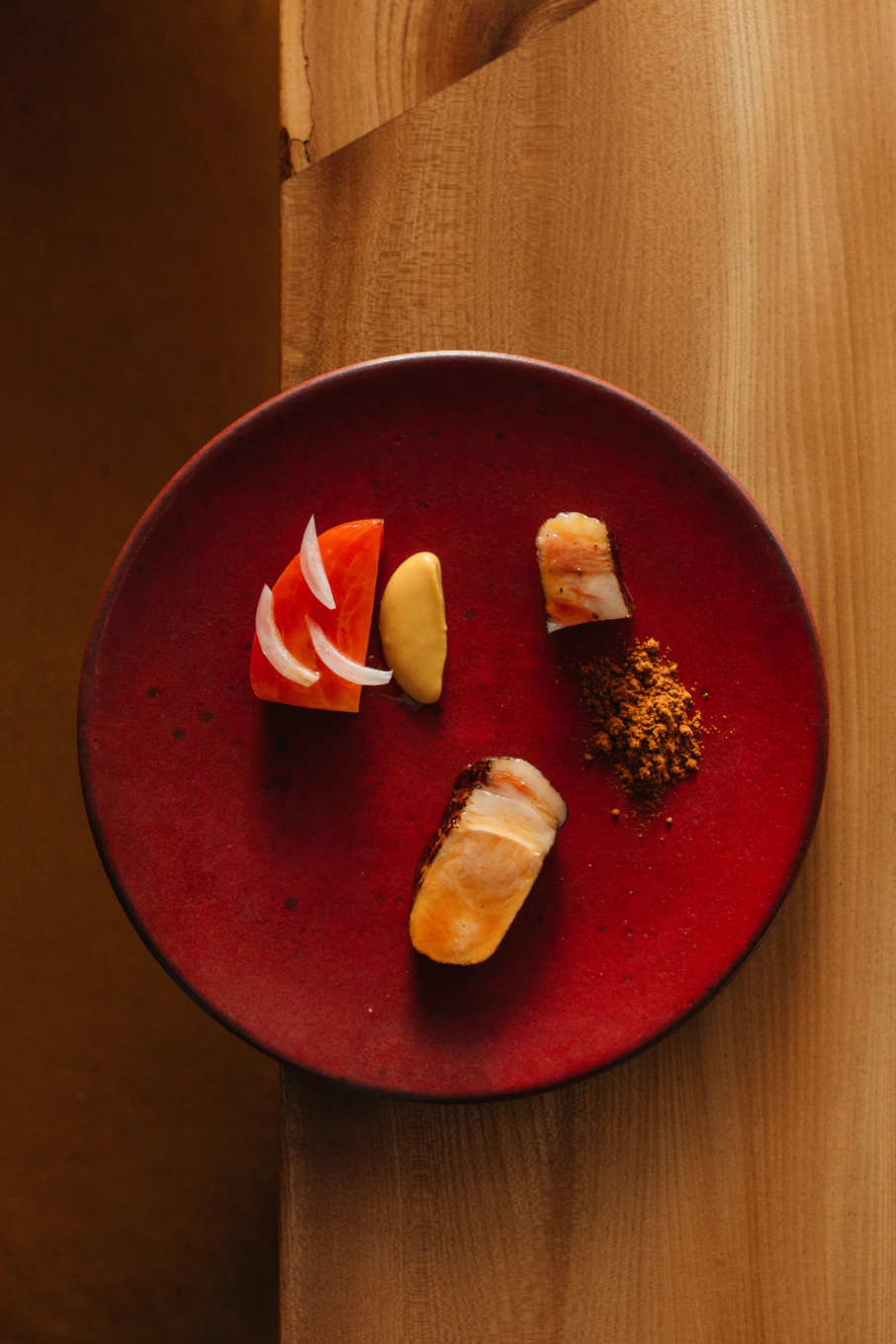
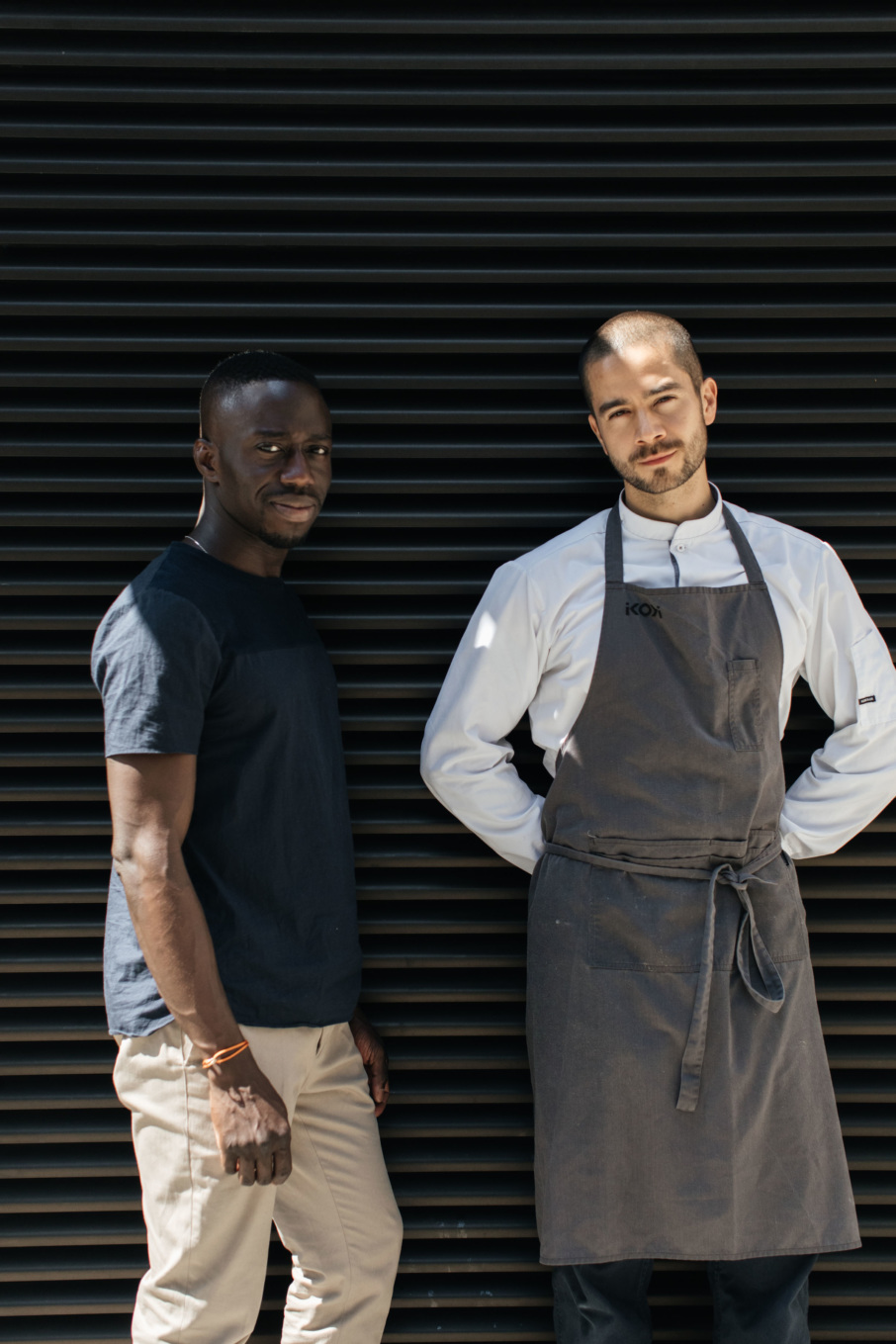
When Iré and yourself founded Ikoyi, were awards something that motivated you early on?
I don’t think so – the awards have never been a motivation. The motivation was to be uncompromising with what we want to do, and to do it to the best of our abilities. And no award or anyone otherwise can change what we want to do. What makes the restaurant special is that we don’t cook food to please a specific audience or to fit within a category; our goal is to find new ways of expressing cooking and new ways of expressing a perspective on ingredients. And that’s our way of advancing and progressing.
“The awards have never been a motivation. The motivation was to be uncompromising with what we want to do, and to do it to the best of our abilities.”
I think if we were cooking to get an award, I don’t think we would have ended up where we are because we would have tried to follow paradigms and archetypes of other styles of cooking that were successful. And maybe that would have worked. But I think that what makes something unique or special is that it doesn’t compromise or deviate from that. I think that’s why it’s kind of surreal that we ended up doing well with it, but also, I feel very grateful for it, too.
Where is Ikoyi in its current evolution, and where do you see it in the future?
I feel like I haven’t really had a moment to breathe and think about the future – we’re very much living in the present and trying to get the most of the present. The future plan of the business is not a conversation we’ve had recently – I live through my relationships with suppliers and what they’re offering to me. Our advancement and evolution comes very gradually, I can’t say what we’re doing in two, three years’ time – we’re going to be very different people then.
If you’re asking whether we’re going to expand or grow the business, I can’t see that being something we’d want to do any time soon. I think we’re a unique restaurant – Iré and I only have this one restaurant and we’re both heavily involved here. You know, I’m the chef and I’m cooking at the restaurant almost every day. So, I think it’s kind of old school in that way.
It’s not part of a group – I think London is engulfed by groups now, and it’s almost a rarity that we’re a standalone business. To grow upwards is the goal; just mastering the craft. I think that’s what’s exciting about cooking – you can open your business, but if you spread yourself too thin, you pull yourself away from the craft. At Ikoyi, we’re really focused on the cooking and intricately understanding the produce and being relentlessly creative with the produce. What’s exciting for me in the future is that I’ll hopefully be doing what I’m doing today, but just doing it better, rather than having some kind of empire which sounds very stressful and unfulfilling to me, because having lots of businesses takes you away from cooking.
Where would you want to see more acclaim and credit distributed across the restaurant industry? What areas would you want to see highlighted more in general?
That’s a hard question to answer. I would say that it’s very, very challenging right now, and there’s a lot of complicated politics around restaurants and there’s a lot of people trying to start their businesses. So, for awards systems, I think they need to think more broadly outside the box, beyond just big-name chefs, big name restaurants, if they want to be more inclusive of up-and-coming chefs and styles of cuisine.
I think there’s more work to be done but I don’t think I’m the one to say where they should go. I think inclusivity should be a mindset and shouldn’t be focused on individuals – we should just be more openminded and inclusive to everyone. And it’s a very difficult system to change, this categorisation problem that we have – in every industry.
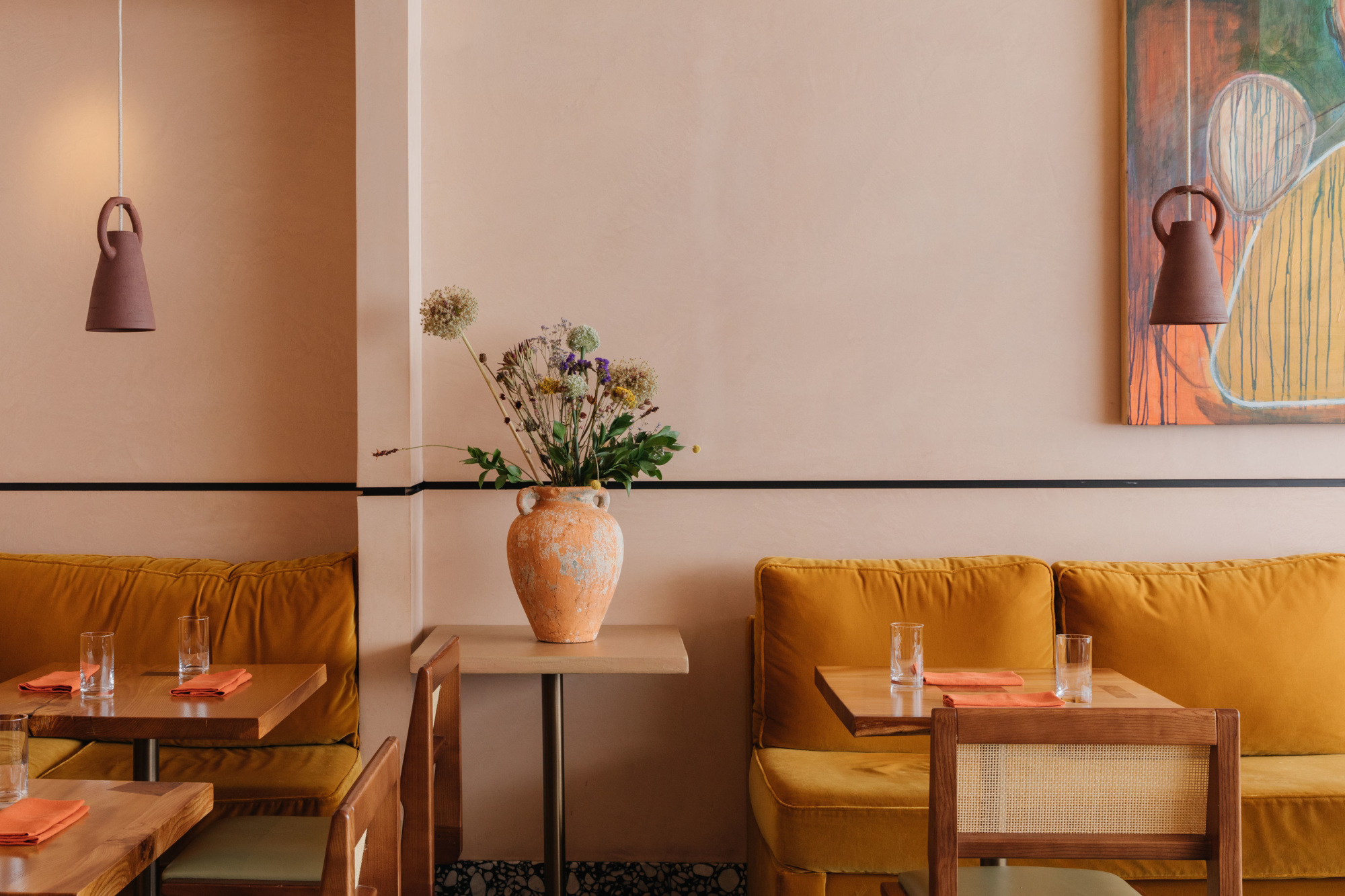
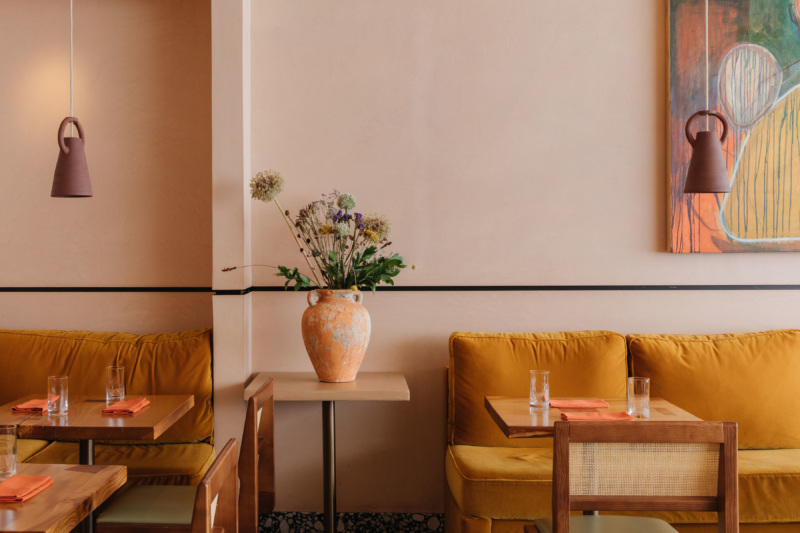
Which one would you choose: a full restaurant for every service, or a number one spot on a list?
Definitely a full restaurant. A hundred percent. A thousand percent. For me, I don’t care if only a small group of people ever know what this restaurant is, as long as we’re busy and we can support our team. And if we can continue doing beautiful things with food and making people happy, that’s the most important thing. To me, the award is a great by-product of that and we’re super happy, but if the award never came I’d be doing the same thing I’m doing today. I’m desperate for the restaurant to be busy.
Ikoyi won ‘One to Watch’ this year. Who would you shout out potentially for next year?
My friend Alex [Nietosvuori], who’s a chef – he’s Swedish, but has a restaurant in Northumberland called Hjem. He’s been doing very well in the UK. I think he’s a unique guy and very artistic. Kind of very detailed – he makes really beautiful food. And I think he’s doing something very special within the U.K, up in the north. I think in the U.K he’s one of the most exciting chefs I can think of. I’d say he’d be definitely someone to watch – I think attention should go to humble people who are doing genuinely good food.
David Paw is Resy’s International Editor. Follow Resy on Instagram and Twitter.

